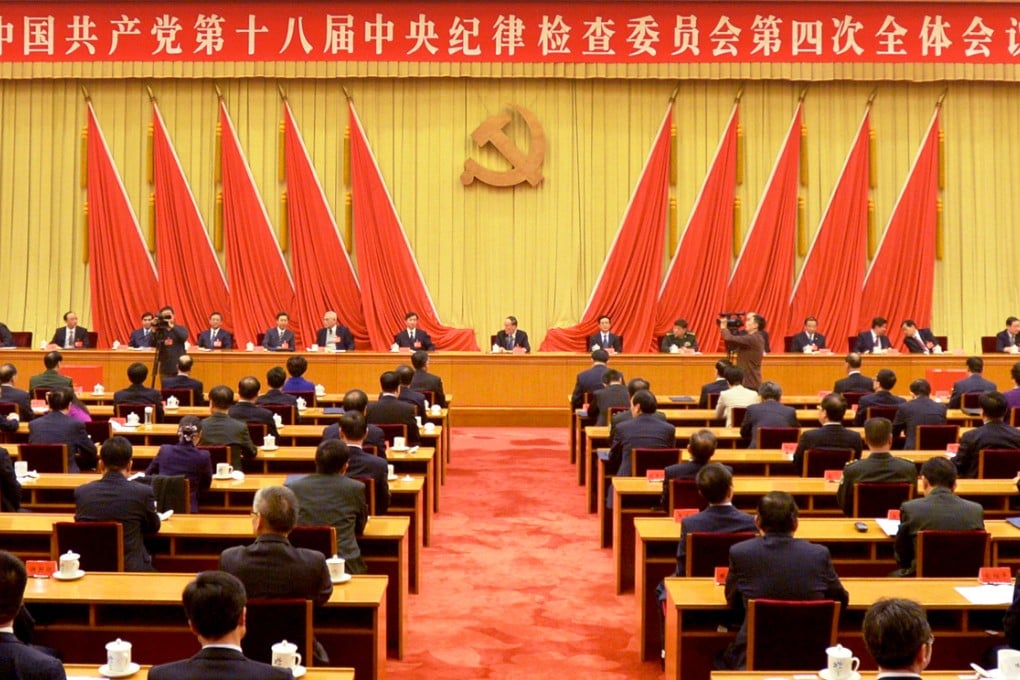Prosecutors enshrine rights and protections for whistle-blowers
Whistle-blowers are given sweeping new rights and protections under landmark regulation for those reporting wrongdoing and corruption

The top prosecutor's office has laid out a new regulation to protect whistle-blowers who report corruption and other crimes by civil servants.
The full text of the amended regulation was published yesterday on the website of the Supreme People's Procuratorate.
It is the first time since the regulation was established in 1996 that the rights of whistle-blowers have been clarified. Currently, an amendment to the Administrative Supervision Law states that authorities shall maintain the confidentiality of those reporting the information, the investigation process and personal information about people who come forward.
The newly defined whistle-blowers' rights cover, among other things, the right to be informed of the results of inquiries resulting from the information - for the sake of protection and for collecting rewards.
It also requires prosecutors to conduct a risk assessment after a case is accepted, including a plan to protect the whistle-blower from acts of revenge.
"The People's Procuratorates encourage citizens to report crimes using their real names," the new regulation states.